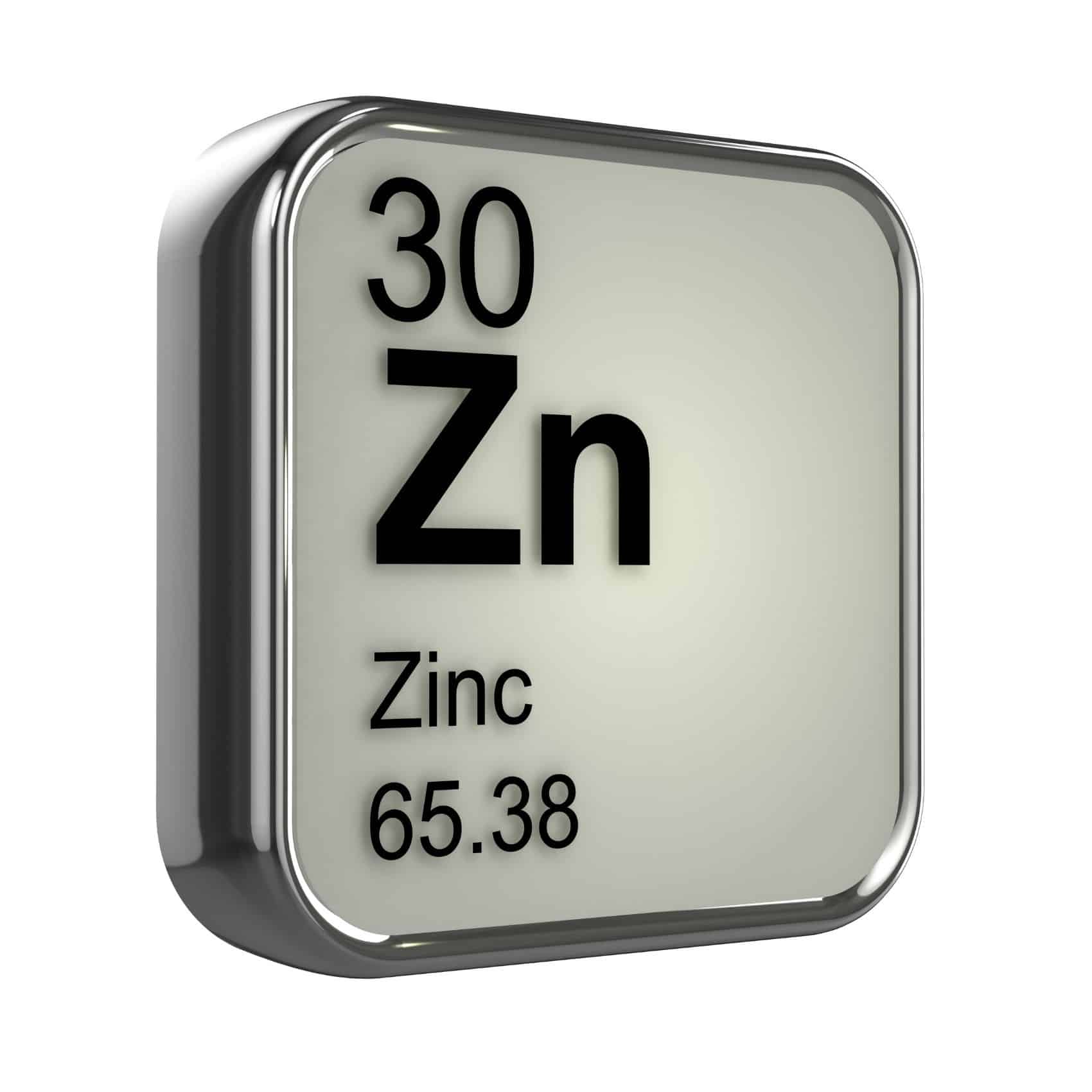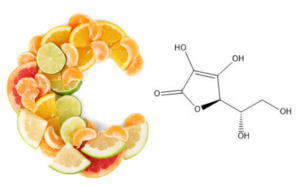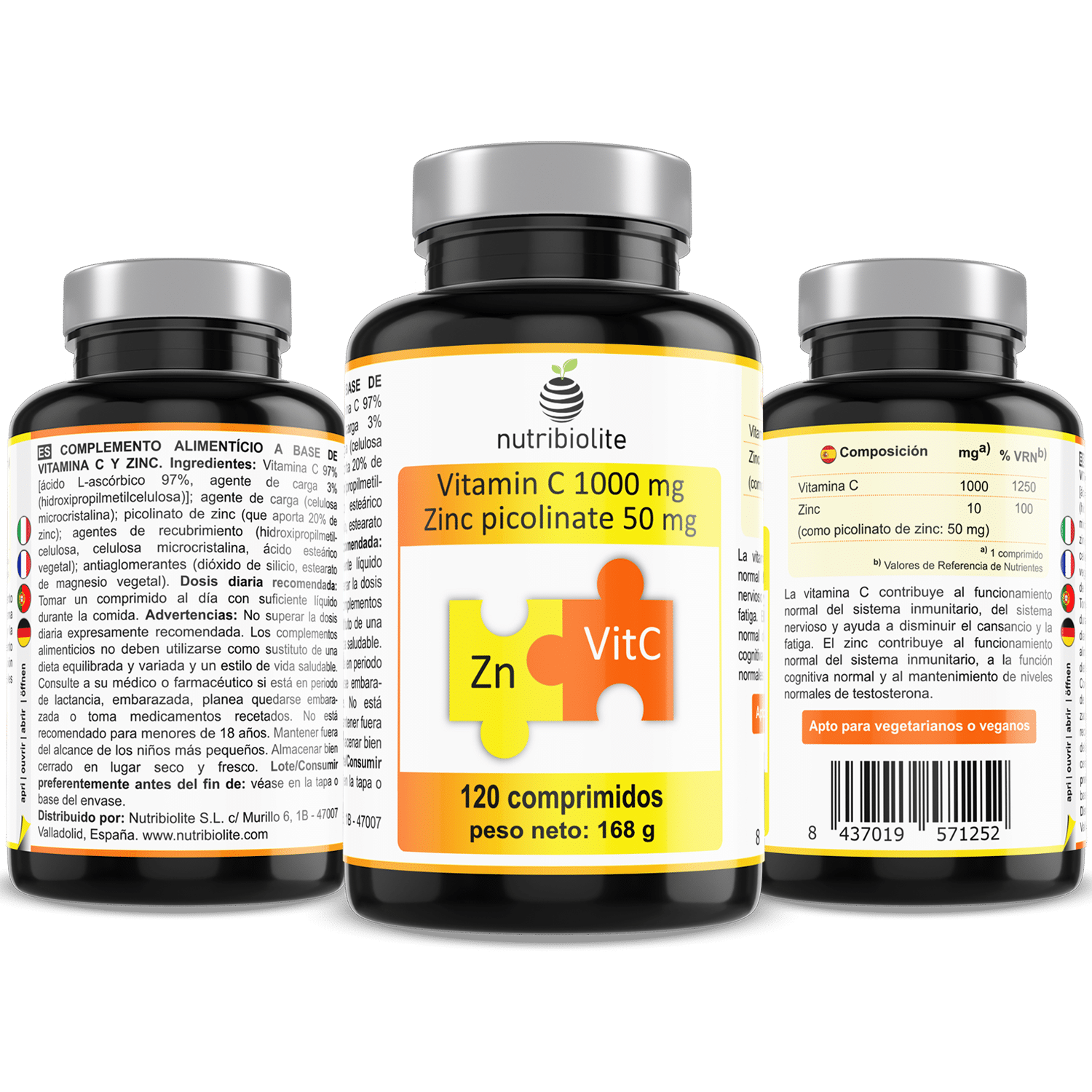
Boost your body’s natural defenses
Every day you face environments where there are many viruses and bacteria that test your immune system, so it is important to know how we can strengthen our defenses against these pathogens.
The immune system is a complex network of cells, tissues, and organs that work as a team to defend our bodies against germs. Its job is to recognize these “invaders” and keep them out of our body. If this is not possible, our immune system goes to the second phase of defense, which is to find these germs and get rid of them.
To function properly, the immune system needs a daily dose of certain vitamins and minerals, which we can provide in our diet. However, our busy lifestyles often make it difficult to get what our bodies need just through the diet. In these cases, we can make use of some supplements to provide us with those nutrients that guarantee the functioning of our immune system.
The combination of vitamin C and zinc is a good ally for your defenses. Vitamin C acts on a first level of defenses, when the body detects a threat and responds to ingest and destroy patogens. Zinc acts on a second, more sophisticated level of defense, involving specific cells that recognize the specific type of threat. Therefore, the combination of these two micronutrients, vitamin C and the mineral Zinc, are a good defensive tandem.
In a 2012 publication in The Journal of International Medical Researchel it was demostrated the beneficial effect of supplementing 1000 mg of vitamin C combined with zinc (between 10 and 23 mg/dosis) in the recovery of infectious viral diseases such as the common cold (1)
Nutribiolite Vitamin C + Zinc Picolinate helps you maintain your natural defenses and contributes to the normal functioning of your immune system (1).
In 2012, an article in The Journal of International Medical Research, demonstrated the advantage of the combined supplementation of 1000 mg of vitamin C with the intake of 10 mg of elemental zinc in the recovery of infectious viral diseases, such as the common cold. This combination was found to be significantly more effective than placebo in reducing rhinorrhea and alleviating other cold symptoms in just 5 days of treatment (2).
The importance of zinc

As a structural and functional component of several metalloenzymes and metalloproteins, zinc participates in numerous functions of cellular metabolism, such as in the physiological process, in immune function, in antioxidant defense or in the growth and development of tissues. One of the functions of cellular metabolism that suffers the most with the absence of zinc is the immune function (3). Our immune system is based on two main groups of cells that are dependent on zinc at multiple levels: the innate (non-specific) and the adaptive (specific) immune cells. The innate immune cells mediate the immediate part of the immune response and are mainly supported by macrophages and neutrophils, which directly attack different pathogens such as bacteria and fungi. To complete the fighting process, the presence of high amounts of intracellular zinc in macrophages and neutrophils is necessary. Adaptive immunity is mediated by B and T cells. Through somatic recombination, each newly formed B and T cell has an individual receptor with the potential to recognize and bind to a random biological structure, the so-called antigen. Zinc is also a cofactor for thymulin, a thymic hormone essential for the maturation of this type of cells (3). According to studies by the European Food Safety Authority (EFSA), there is a cause/effect relationship between dietary zinc intake and the normal functioning of the immune system (5)
In 1993, the European Scientific Committee for Food established population reference intakes for zinc in milligrams (mg) per day (4–6). In these recommendations, the daily intake of zinc ranges from 7 mg for adult women (12 mg for infants) to 11 mg for men. It is not recommended to exceed a daily dose of 15 mg of zinc. Each Nutribiolite Vitamin C + Zinc Picolinate tablet provides 50 mg of zinc picolinate, which corresponds to an intake of 10 mg of elemental zinc (100% of the NRV).
Zinc Picolinate

In 1987, Barrie S.A. and collaborators published a study in the scientific journal Agents Action comparing the absorption of the various forms of chelated zinc (7). It was concluded that zinc picolinate has better absorption than other forms of zinc as citrate or gluconate chelate. The study showed that there was an increase in the levels of zinc after a period of 4 weeks of taking the zinc picolinate as food supplement when compared to the other forms of zinc. The forms of zinc chloride and zinc oxide, usually used in cheaper food supplements, were not used in this study because it was known in advance that they have a much lower bioavailability than the chelated forms of zinc.

Characterized by its great antioxidant capacity (electron donor), vitamin C, also known as L-ascorbic acid, prevents the accumulation of free radicals, protecting the body from oxidative damage. For example, is well known the role of L-ascorbic acid in the neutralization of reactive oxygen species created by phagocytes during their oxidative destruction of foreign microbes. (8)
Vitamin C is essential for the proper functioning of monocytes, neutrophils and lymphocytes (including its three subtypes T, B and NK cells). In fact, these cells contain up to 100 times more vitamin C than that which circulates in plasma during infectious episodes (9). For instance, neutrophils are part of the innate immune response. When an infection occurs, these are directed to the affected area following the trail of chemicals released for this purpose (chemotaxis). Upon arrival, they can release extracellular traps (NETs) that trap microorganisms and also secrete and contain various oxidizing substances that help destroy them. Vitamin C not only improves chemotaxis, it also stimulates the production of oxidizing substances and inactivates them when they are produced in excessive quantity; controls the formation and action of NETs to prevent tissue necrosis produced by neutrophils and stimulates their apoptosis when they are no longer needed (10, 11).
Another very important function of vitamin C is its role in the formation of collagen. Without vitamin C the body simply cannot produce collagen. Collagen is a very important protein and the most abundant component of the skin and bones, covering 25% of the total protein mass in mammals (12). Lack of vitamin C causes a disease known as scurvy, which was first described in 500 BC. C. by Hippocrates. This disease is characterized by a decrease in the body’s ability to produce collagen, which makes the blood capillaries fragile. Additionally, it causes delayed healing, bleeding gums, tooth loss, anemia, drowsiness, and joint pain.
Vitamin C also plays an important role in our body in the regeneration of other important antioxidant molecules, such as vitamin E (alpha-tocopherol) (13). Currently, s being investigated the possible beneficial antioxidant effect of vitamin C on the prevention of certain types of cancer, cardiovascular diseases and other diseases in which oxidative stress plays an important role. In addition to its biosynthetic and antioxidant functions, vitamin C plays an important role in the absorption of iron in the intestine (14).
1 Commission Regulation (EU) No 432/2012 of 16 May 2012 establishing a list of permitted health claims made on foods, other than those referring to the reduction of disease risk and to children’s development and health Text with EEA relevance
2 Maggini, S.; Beveridge, S.; Suter, M. Journal of International Medical Research 2012, 40, 28.
3 Haase, H.; Rink, L. Metallomics : integrated biometal science 2014, 6, 1175.
4 Reports of the Scientific Committee for Food (31st Series), Nutrient and Energy Intakes for the European Community. 1993.
5 European Food Safety Authority (EFSA), «Scientific Opinion on Dietary Reference Values for zinc – EFSA Panel on Dietetic Products, Nutrition and Allergies (NDA).» EFSA Journal 2014, 12 (10), 3844.
6 Nutri-Facts ( https://www.nutri-facts.org/)
7 Barrie, S. A.; Wright, J. V.; Pizzorno, J. E.; Kutter, E.; Barron, P. C. Agents and actions 1987, 21, 223.
8 Carr, A. C.; Maggini, S. Nutrients 2017, 9.
9 Levine, M. et al. Proceedings of the National Academy of Sciences 1996, 93, 3704.
10 Wintergerst, E. S.; Maggini, S.; Hornig, D. H. Annals of Nutrition and Metabolism 2006, 50, 85.
11 Wintergerst, E. S.; Maggini, S.; Hornig, D. H. Annals of Nutrition and Metabolism 2007, 51, 301.
12 Boyera , N.; Galey , I.; Bernard , B. A. International Journal of Cosmetic Science 1998, 20, 151.
13 Niki, E. Annals of the New York Academy of Sciences 1987, 498, 186.
14 Gershoff, S. N. Nutrition reviews 1993, 51, 313.
Subscribe to our newsletter to save 5% on your first order.
This offer can be combined with all the other offers in the website.
Thank you!
You have successfully joined us. Please check your email with the discount code.

















